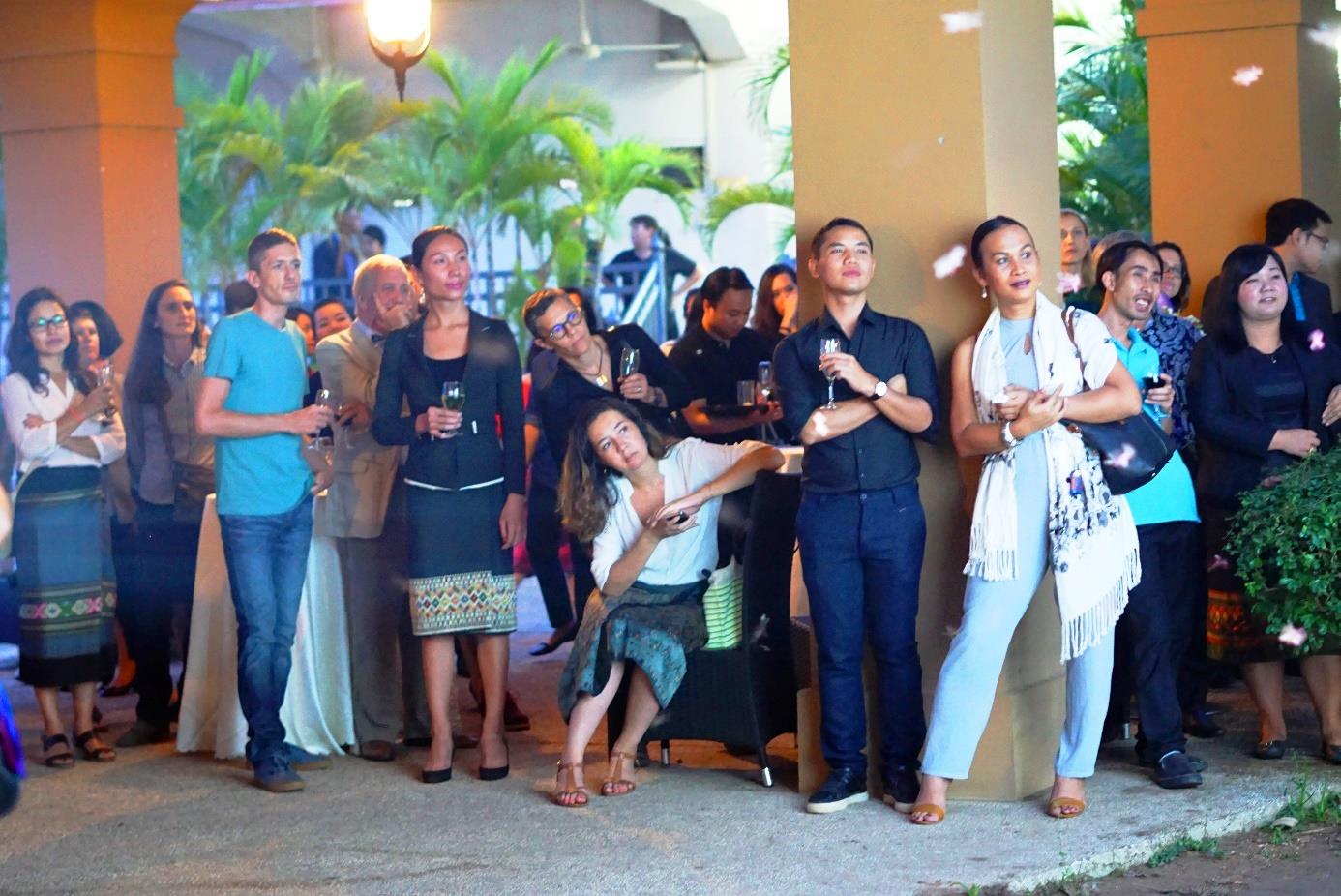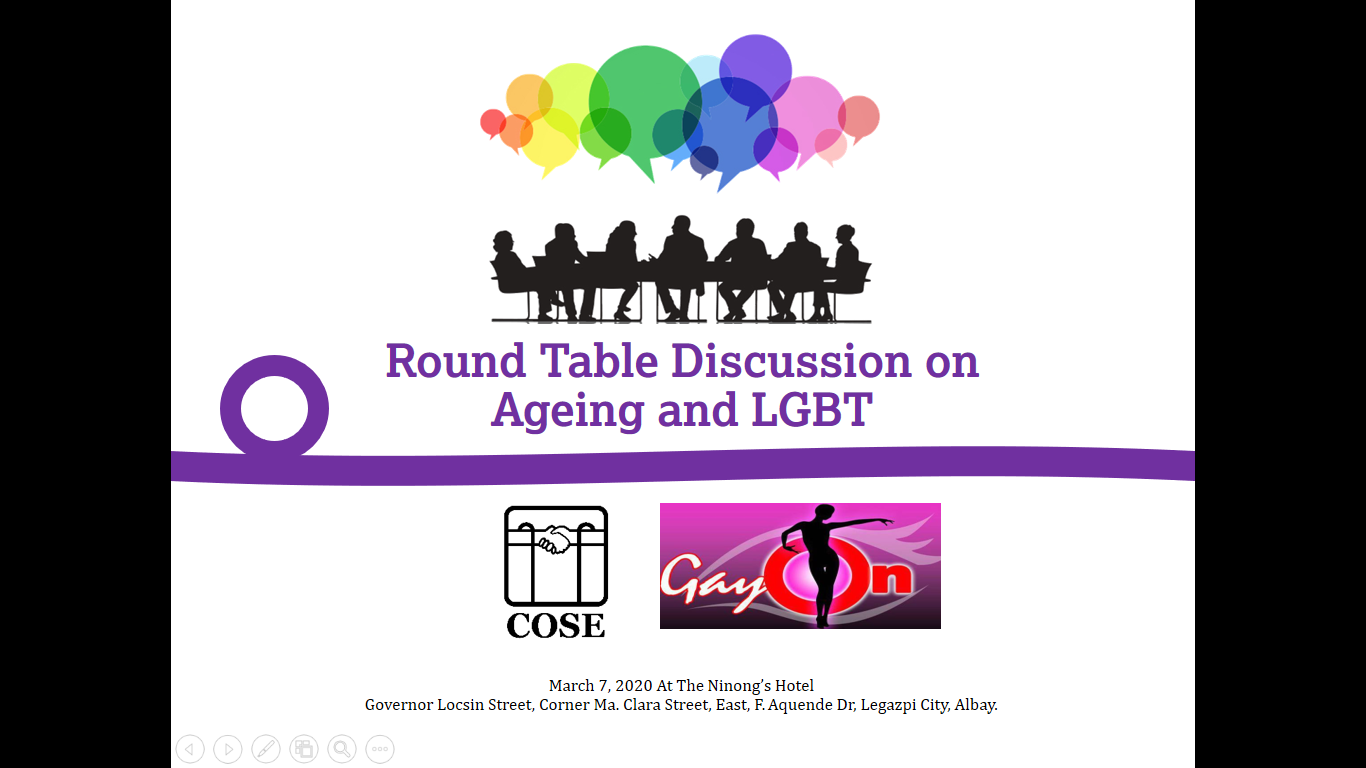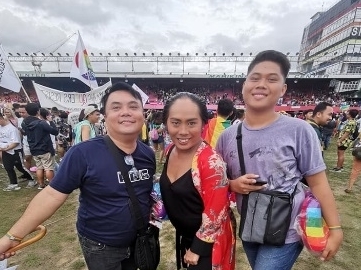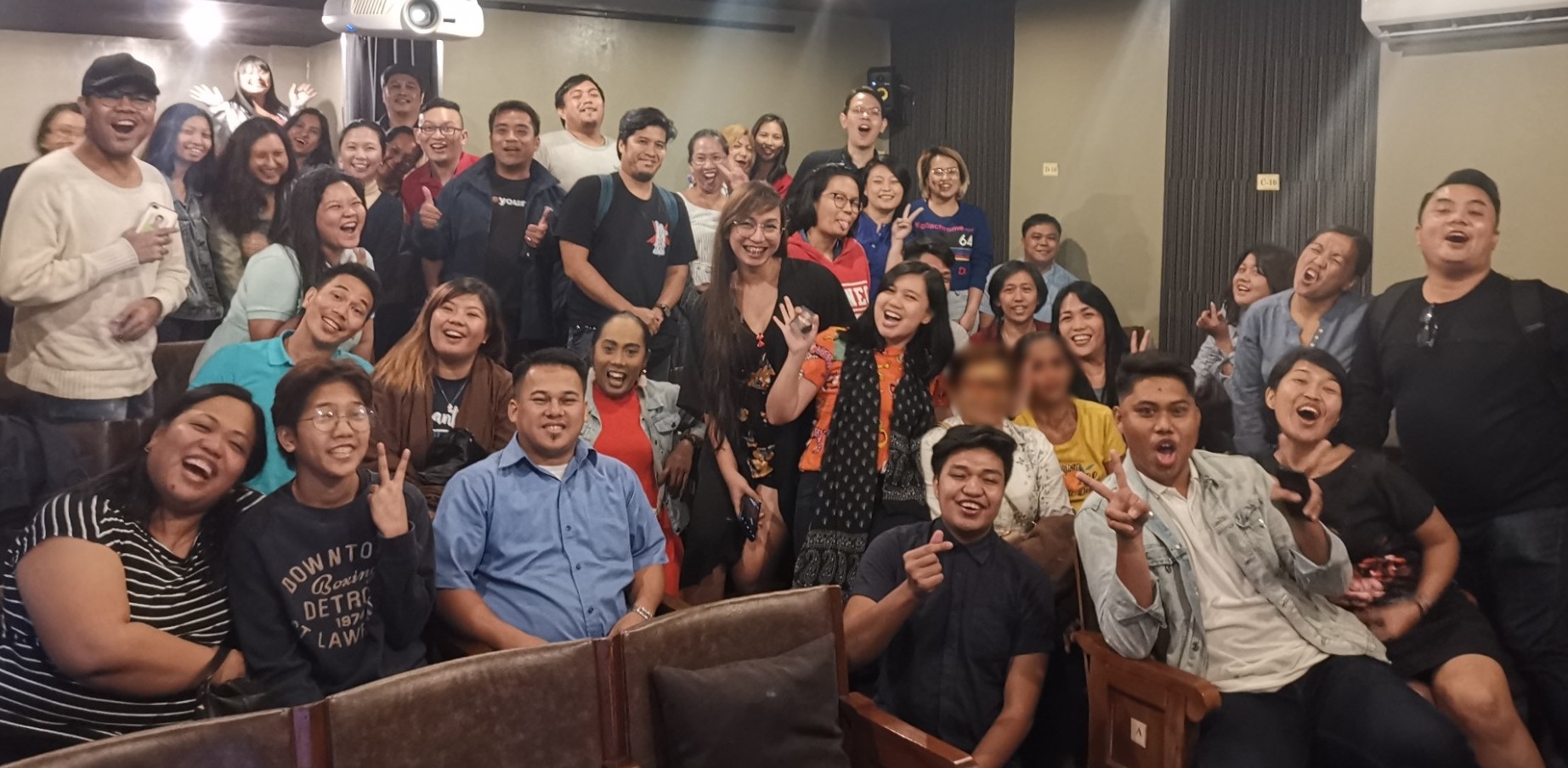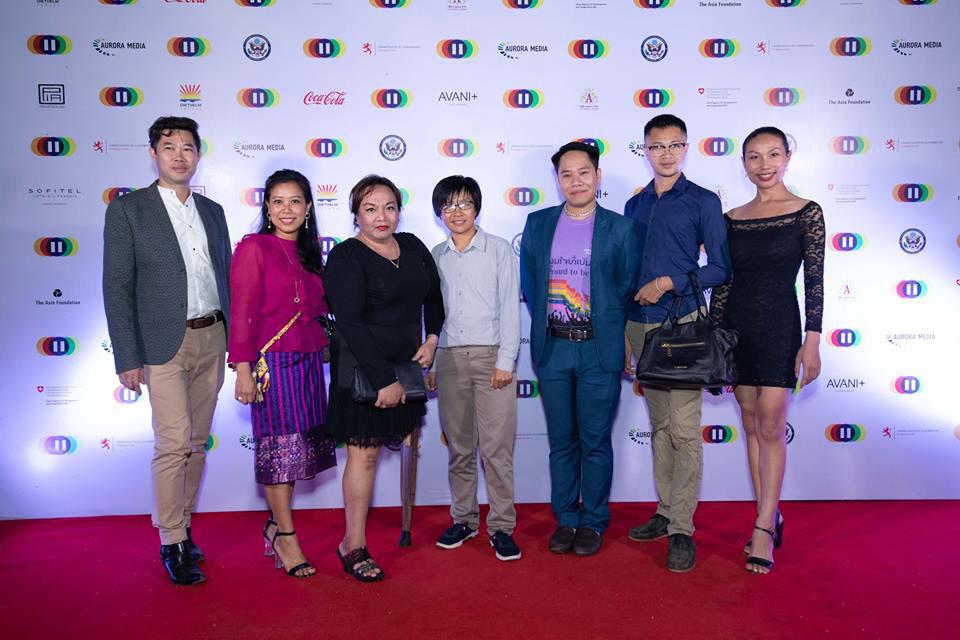Across Asia, local LGBTQIA+ Actvists are finding their voice
by Kayla Lapiz, Communications Officer, with inputs from Ishita Dutta, Programme Manager, Voice
Over the past eight years, the Voice programme has been supporting the fight for LGBTQIA+ rights. In a blog for Pride month, Kayla Lapiz and Ishita Dutta look back on some inspiring examples of local action as the programme comes to an end.
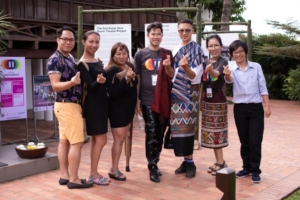
The Voice programme was founded eight years ago to offer grants to a broad range of groups facing marginalisation or discrimination. One of the things we can be most proud of is the emergence of a rich and diverse set of local, often informal, LGBTQIA+ groups across Asia who have been supported to build their influence and visibility.
In Pride month, we wanted to look back at three outstanding examples of local groups who have been supported to fight for LGBTQIA+ rights and celebrate the community.
1. CELEBRATING QUEER BELONGING IN SOUTHEAST ASIA THROUGH THE ARTS
One inspiring example is the LGBTQIA+ organisation ASEAN SOGIE Caucus whose work has included bringing together the first ever Southeast Asia Queer Cultural Festival, supported by Voice, which showcased over 40 queer artists, individual and activists, allies and stakeholders from across the region to reclaim and celebrate queer belonging.
The organisation said it wanted to “show that diversity of sexual and gender identities has always been part of our histories — this diversity even pre-dated colonisation and modern nation states that introduced laws that declared that our existence as illegal… With the help of Voice, this monumental festival was made possible, and LGBTIQ people from the region are given a space to come together despite the many challenges that we are facing, a space where they can truly belong.”
2. BUILDING A NETWORK THAT CAN INFLUENCE LOCAL POLICY ACROSS THE PHILIPPINES
Gayon LGBT Org, Inc. (Gayon), a community-based organisation in Bicol, Philippines, co-created a regional network for local LGBTQIA+ groups, supporting them to register as organisations, build links with government and formally take spaces in local decision-making bodies. With the support of Voice, they now have 36 member organisations in the network who are recognised in their communities, with 20 of them taking seats in special bodies within local government across the region. Gayon is also now playing a national role as a member of the National Anti-Poverty Commission, representing non-government organisations. There, it is working to build support for the SOGIE Equality Bill to deliver equal rights for LGBTQIA+ people in the Philippines.
3. SHINING A LIGHT ON DISABLED LGBTQIA+ PEOPLE IN LAOS
Another example is Proud to be Us Laos, a group supported to develop by the Voice programme which works to tackle discrimination and boost the rights of LGBTQIA+. A noteworthy part of its work has been at the intersection of LGBTQIA+ identity and disability, highlighting the unique challenges LGBTQIA+ disabled people face. They forged a collaboration with another Voice partner, the Luang Prabang Film Festival, to create a memorable documentary short titled “The Story of Ey aka Queerability”, which told the story of a transgender woman with a disability.
THE IMPORTANCE OF LISTENING
These examples are just a few of many projects supporting LGBTQIA+ communities that Voice has backed over the years. Along this journey, we have learned how important it is for us as funders to take a step back, remove the funder hat for a while, sit down, and actually listen. Our commitment to co-creating/supporting inclusive spaces and movement-building with the LGBTQIA+ community and other rightsholder groups means we need to listen well and really understand the context, needs and interests of the communities we work with.
It is truly heartwarming to see community-based LGBTQIA+ groups emerging and raising their voices. As we end the Voice Programme this year, we will continue to support their voices, their works and their dreams. Throughout we have stuck to the philosophy of local leadership, of “Nothing About Us Without Us”, and we hope these stories show how that approach has let local Pride stride into the spotlight.
This article first appeared on Oxfam’s Views and Voices blog.


